Color as thick as the clouds themselves suffuses the massive, multi-layered cumulus. The color appears almost solid, so that the substance of the clouds seems to be color itself.
After the squalls that rolled through during the day, the smell of earth, new growth and browning grass are strong and sweet. Swallows play on the air and swerve close; they are the essence of joy without fear. I catch a glimpse of a falcon as it disappears behind a tree. But just as I get up to confirm it, the sun emerges with almost painful brilliance. Any chance of verifying the kite by its fluttering flight pattern is impossible.
To die daily as easily as a sunset, with silent fire and blazing color, is the meaning to me of a good life and a good death. There is no separate ‘Creator;’ the universe is an expression of an infinite, indivisible intelligence. One can come into fleeting contact with that perpetual mystery, and still not understand death.

Is the death of psychological thought–that is, of the continuity of memory, identity and the past–the beginning of awareness that does not die? It follows, given that the universe is permeated by an inseparable intelligence, which we can only see and feel when thought is completely still. Dying while fully alive, is a new synaptic node of awareness in the universe formed when a human being fully awakens?
The notion of an afterlife pertains to the continuity of the self, which, as neuroscientists have shown, is a construction of thought. There may be some kind of continuity of egoic consciousness after an individual’s death, but that is not death at all. Indeed, to my mind it’s a fate worse than death.
The essential thing is to psychologically die while fully alive. Of course that is precisely the thing we fear the most—the death of ‘MY SELF.’ But what I fear is exactly the opposite—the continuity of myself in some form after death. AI people equate immortality with continuity of self and thought, when immortality has nothing to do with memory or being remembered, but comes with the complete ending of self and thought.
The continuity of self after death is the nightmare never ending. Of course those who believe there is nothing but thought and self don’t go near these questions because they don’t want to confront the fear of nothingness.
The belief that there is no intelligence in the universe except in humans is just the flipside of the belief in a Creator. Just as the idea that there is nothing but the meaning our minds invent is the flipside of the notion that ‘Jesus has a place for me in heaven.’ Both give primacy to the self, just in opposite ways.
The essential thing is to die while fully alive. Then, when one physically expires, awareness does not die. This is what Jesus meant when he said, “Whoever seeks to gain his life will lose it, but whoever loses his life will preserve it.”

One cannot fool death. But one can psychologically die and transcend death, though that is the hardest thing for us to do. It happens temporarily in the meditative state. Can it happen irrevocably, so that one completely leaves the stream of content-consciousness while fully alive? Surely that is illumination.
To embrace death when one’s time comes, without fear, regret and unfinished business, is the mark of a good life. Perhaps it is the true mark of greatness in a human being. That doesn’t require illumination, and is more common than we realize. Ordinary human beings are capable of greatness. We can grow into synapses of awareness in the cosmic mind.
It’s a strange thing how beauty, love and death go together. Not in any morbid sense, when one is sick or on one’s deathbed. Rather, they flow together, not as ideals, Platonic or otherwise, but as essences. They are actually a single movement, which we can see and feel when fully alive.
With understanding, the thing we think we want—the continuity of the self—is what we would rightly fear. And what we fear—the ending of the self—is what we would truly want.
Martin LeFevre
No comments:
Post a Comment